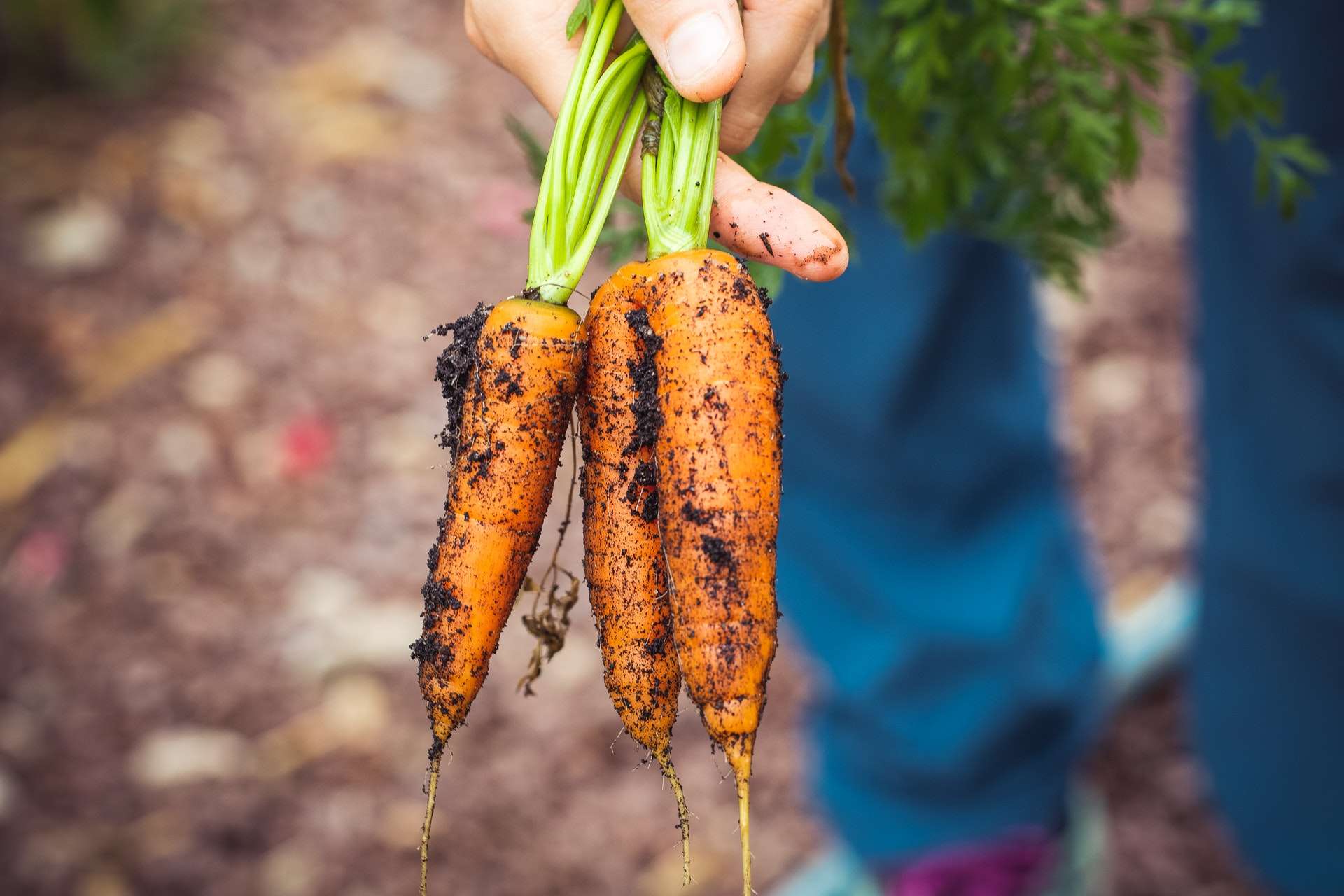There’s a never-ending debate in the nutrition world about whether organic products are “superior” to conventional products in terms of health. We all know buying organic can hurt our bank account a majority of the time, but do organic foods actually benefit our health, or are we better off sticking to non-organics (and saving our money)?
We all know the scene all too well: we push our grocery carts through the supermarket, surveying the hundreds of products hoping to land on our dinner tables that night. Meanwhile, an obvious decision haunts each aisle, circling heavily among the produce section: to buy organic or not to buy organic.
What is “Organic” Anyways?
Food products and whole produce are sourced from farms or factories that either adhere to the U.S. Department of Agriculture’s (USDA) standards of organic classification, or are grown under conventional methods. When a product is grown without the use of pesticides or synthetic chemicals, it achieves the sought-after label of “organic.” According to the USDA, “certified organic foods are grown and processed according to federal guidelines addressing, among many factors, soil quality, animal raising practices, pest and weed control, and use of additives. Organic producers rely on natural substances and physical, mechanical, or biologically based farming methods to the fullest extent possible.”
The use of chemicals in farming came about during the Green Revolution in the 1950s and 1960s to increase product yields and quality to meet the demand of the agriculture industry. Farmers found it useful to deploy insecticides, herbicides, rodenticides, and fungicides to ward off unwanted bugs, vermin and other diseases from crops. Unfortunately, high-level exposure to pesticides in humans have been linked to childhood cancers, ADHD, autism, and Parkinson’s disease. Given the research, it’s no myth that concern exists with non-organic produce. However, aggregate data so far have been inconclusive in linking average exposure of pesticides over a lifetime to a heightened risk of disease.
Is Organic “Healthier?”
When it comes to assessing whether organic is truly healthier, it’s important to establish which health benefit to prioritize. Obviously, limiting potentially harmful substances regularly consumed in our diet is smart, but maintaining a diet high in whole foods like fruits and vegetables is perhaps more important. Consuming processed food products labeled “organic” may lead consumers to believe they are healthier, but they still are likely to contain unhealthy levels of sugar, salt or fat.
While conventional produce is required to pass regulatory standards for pesticides levels, some fruits and vegetables contain higher pesticide levels than others due to growing conditions, shape, or thickness of their peel. Every year, the Environmental Working Group releases a Shopper’s Guide to Pesticides in Produce, that includes two lists, the “Dirty Dozen” and “Clean Fifteen” derived from tests conducted by the USDA’s Pesticide Testing Program and the Food and Drug Administration. These test measure concentrations of pesticides in a majority of the fruits and vegetables sold in the U.S. The 2019 lists are as follows:
“The Clean Fifteen”
- Avocados
- Sweet corn
- Pineapples
- Frozen sweet peas
- Onions
- Papayas
- Eggplants
- Asparagus
- Kiwis
- Cabbages
- Cauliflower
- Cantaloupes
- Broccoli
- Mushrooms
- Honeydew melons
“The Dirty Dozen”
- Strawberries
- Spinach
- Kale
- Nectarines
- Apples
- Grapes
- Peaches
- Cherries
- Pears
- Tomatoes
- Celery
- Potatoes
When considering when it’s “worth” buying organic, these lists may serve as a good guideline to balance concerns with pesticide exposure and grocery costs, as organic produce is generally more expensive than conventional. If you have the budget, by all means, protect your bases and support organic farming.
Nutrition can be extremely confusing, and choosing organic versus conventional does not make it easier. If you’re curious how nutrition planning can support your health and wellness goals, contact our expert nutrition coaches for a consultation at a Composition ID near you!





